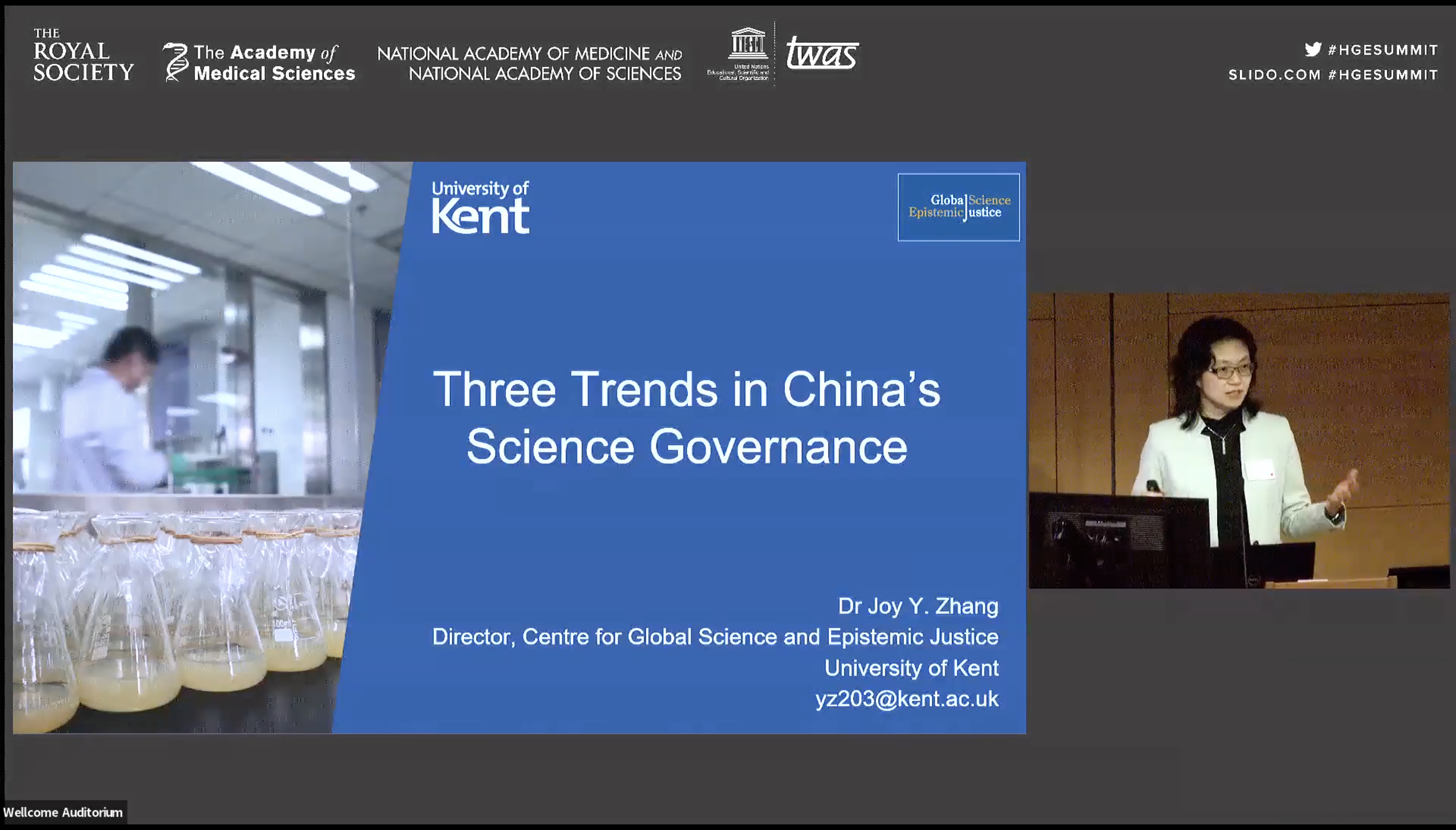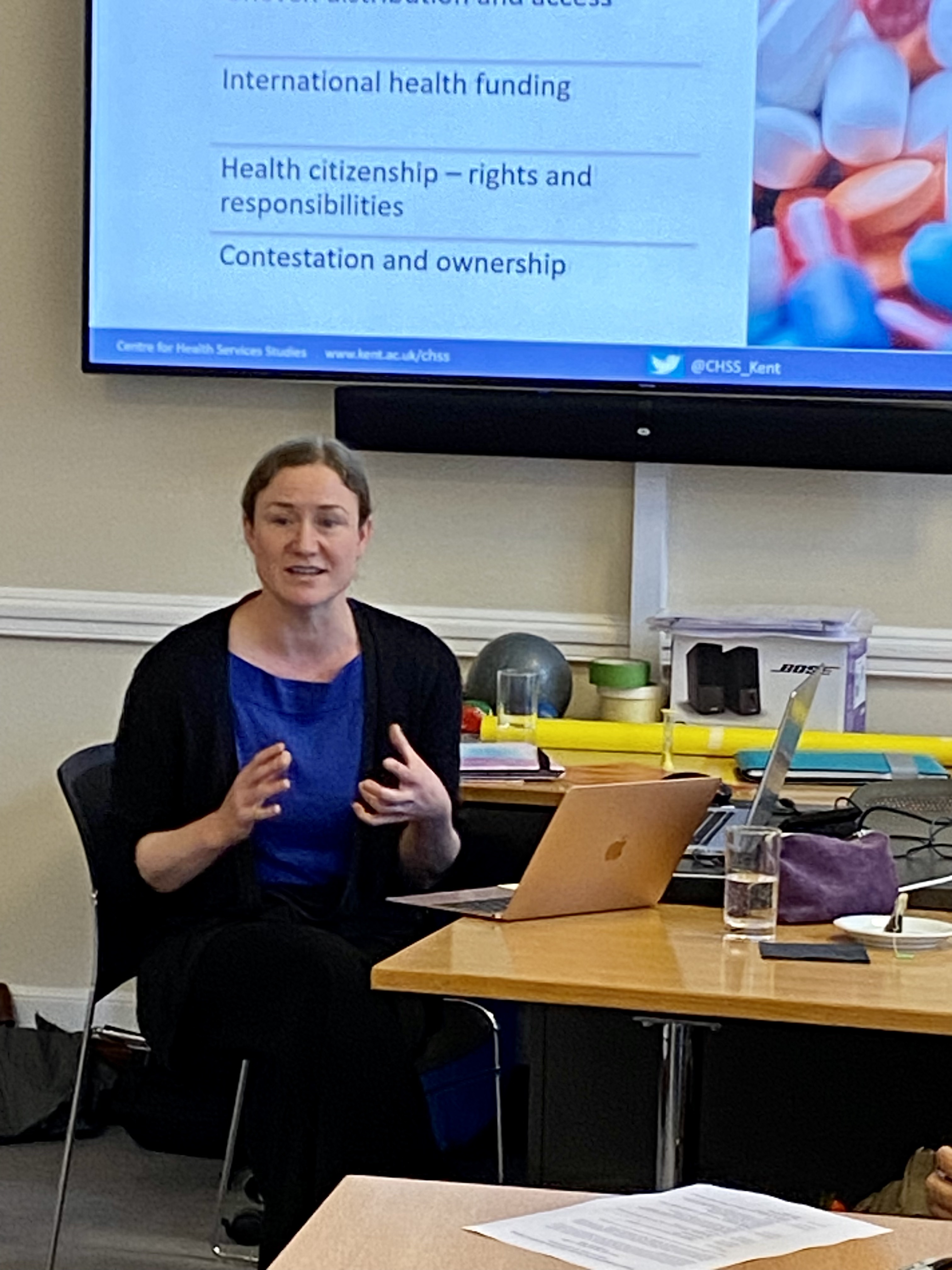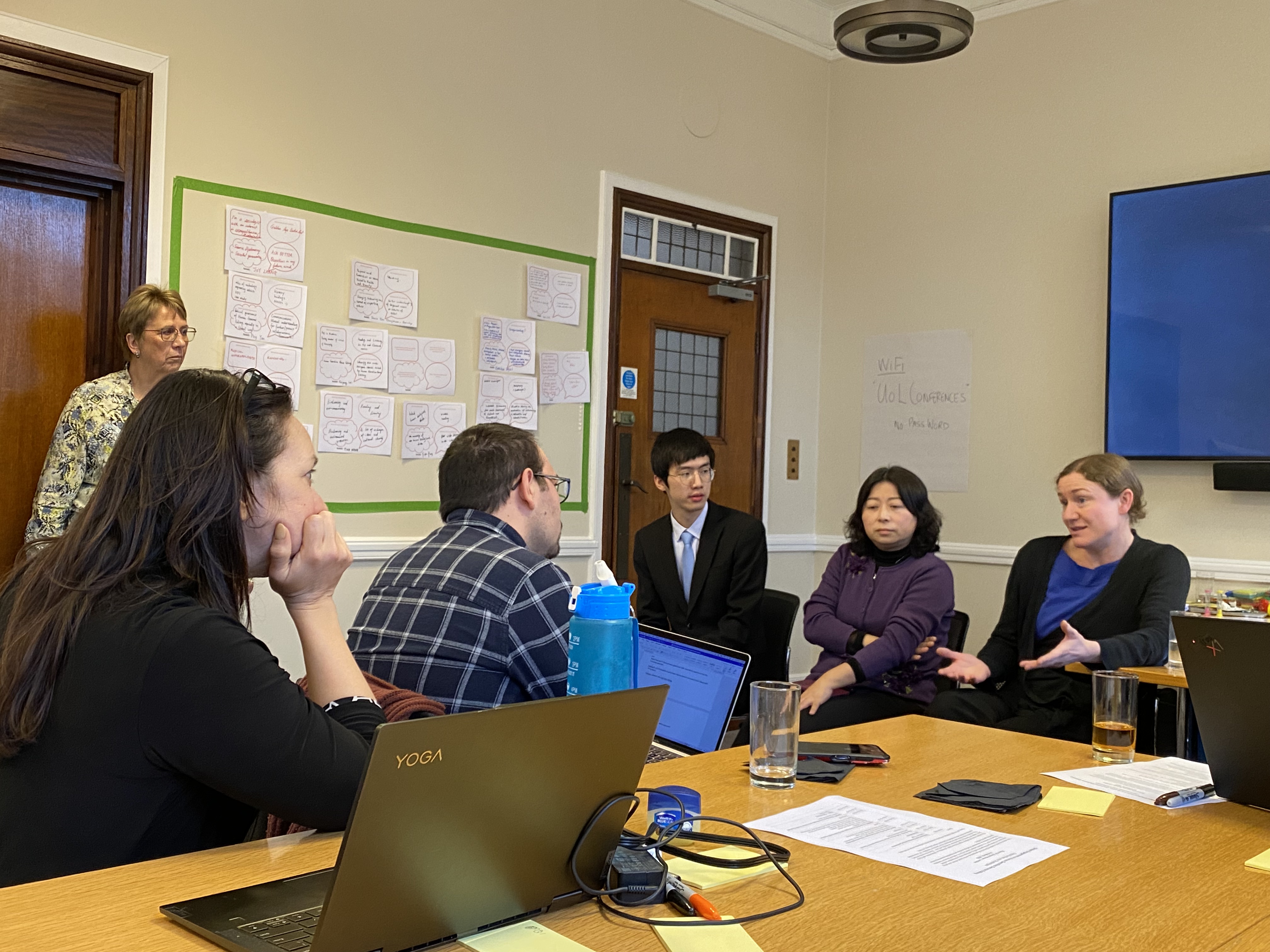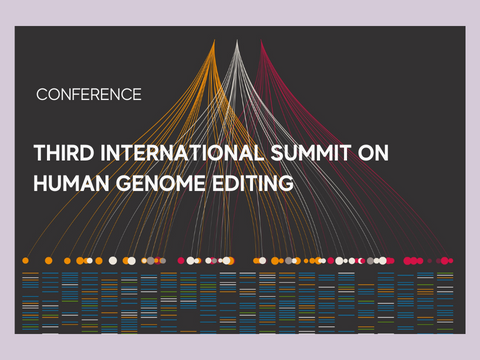
The Third International Summit on Human Genome Editing, convened by the UK Royal Society, UK Academy of Medical Sciences, US National Academies of Sciences and Medicine, and The World Academy of Sciences, took place on 6-8 March 2023 at the Francis Crick Institute, London UK.
GSEJ Director, Dr Joy Zhang was a main speaker at the event. She provided a concise analysis on the paradoxes underlying key trends in China’s science governance and their impact on global research. Her view has been cited by BBC News, El Pais, Nature, South China Morning Post,Science, Statnews, The British Medical Journal, The Paper, Times radio (starting 01:44:00) and many other news outlets. The Hastings Center of Bioethics also published Dr Zhang’s article on China’s new ethical review rules to coincide with her talk.
She also cited GSEJ’s recent intervention on Jiankui He’s DMD research. This has led to a subsequent meeting organised by top legalists, ethicists and scientists in China on 2 March (A Chinese summary of the meeting is in the link). More than 200 people, including patient representative attended the meeting online. GSEJ was the only foreign institute invited to this meeting. On 5 March, 18 key academics involved in the organisation and delivery of the meeting jointly signed an open statement, condemning Jiankui He’s irresponsible research and demanding regulatory transparency in China. Dr Joy Zhang was one of the signatories.
GSEJ also co-hosted a post-Summit conference, Global Engagement on Human Germline Genome Editing, at the Senate House in London. The conference is funded by a NSF project that Dr Joy Zhang is collaborating with Kathleen Vogel (Arizona State University) and Sonia Ben Ouagrham-Gormley (George Mason University)
At the conference, Dr. Rebecca Cassidy provide an insightful presentation on health equity issues relating to new biomedical innovations. Dr Cassidy has worked on projects to understand and support medication use, burden and adherence across primary and secondary care, including people post-stroke and living with HIV in the UK. Previously she has lead ‘Changing Understandings of HIV and AIDS through Treatment Interactions’, an anthropological study of people living with HIV, and their understandings of and experiences with HIV treatments in the Gambia.



